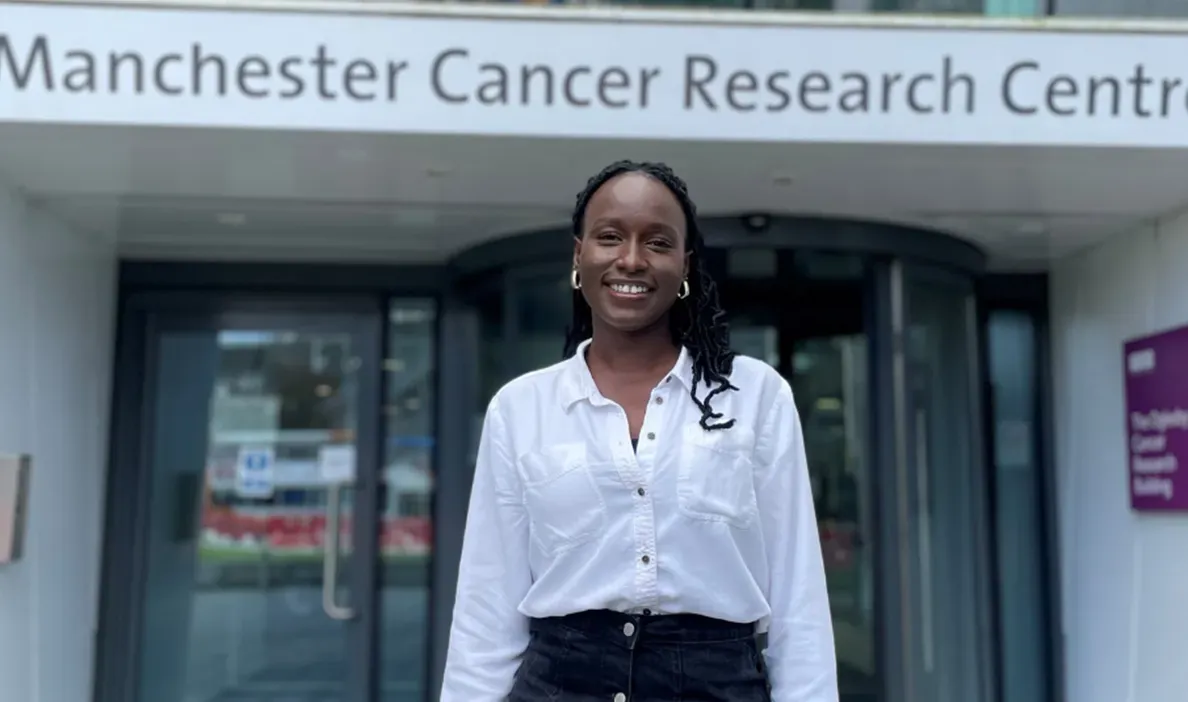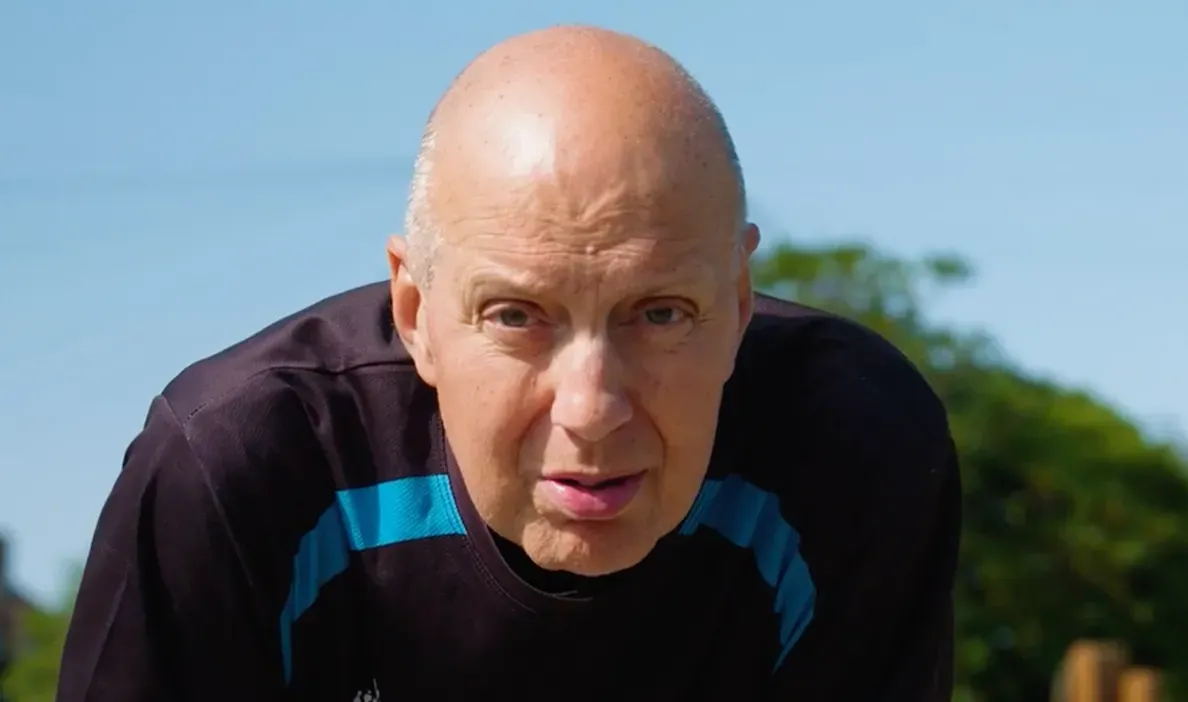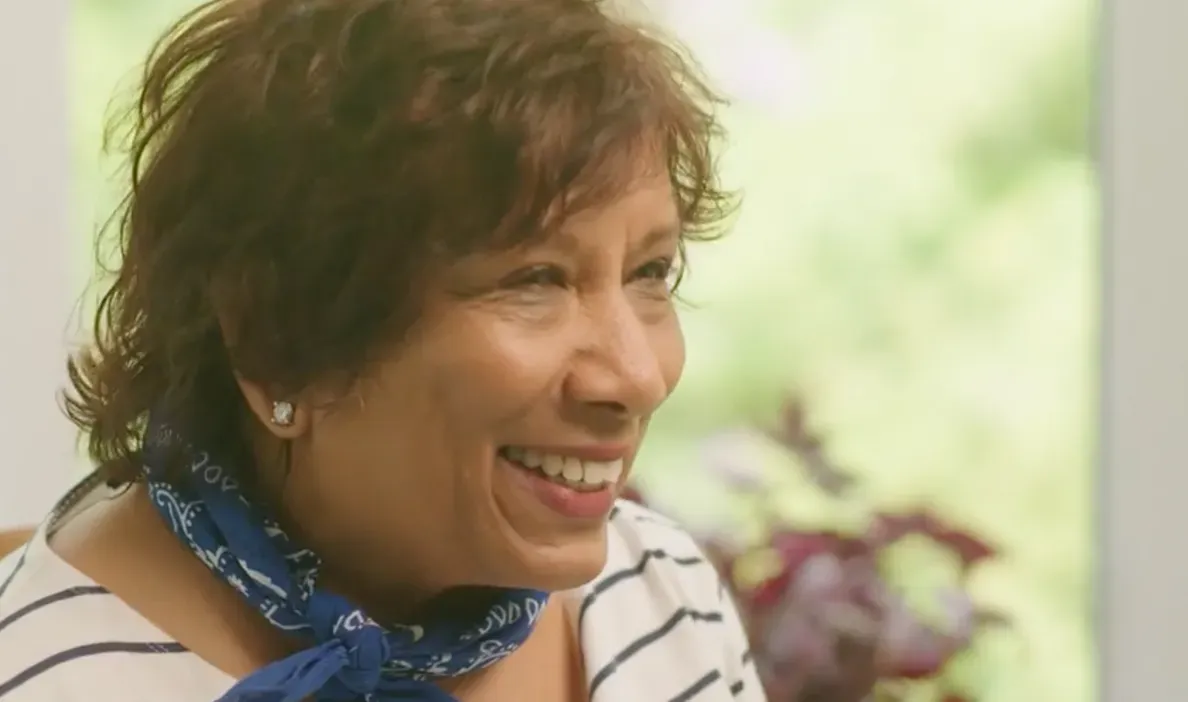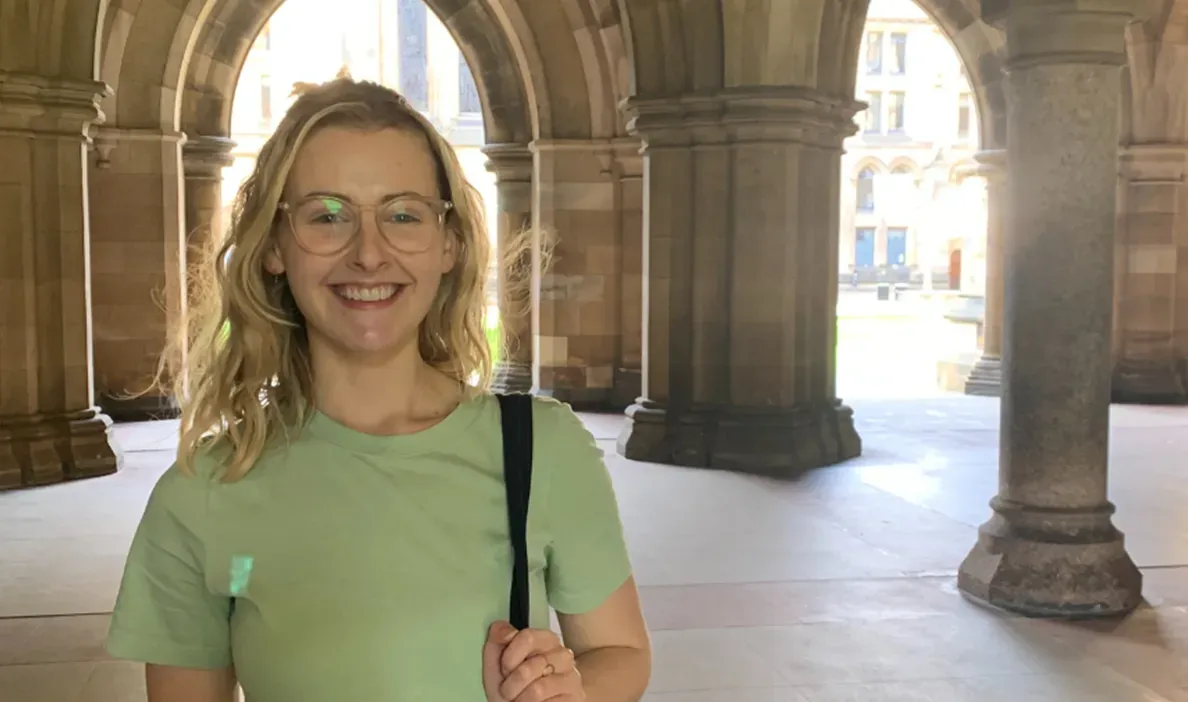Adesewa was studying biochemistry at university when her mum was diagnosed with stage 2 breast cancer. Hear from Adesewa on caring for her mum, and how her experiences would go on to shape her career in cancer research.
"I thought - this can’t be happening, cancer is not in our family."
It was a Saturday afternoon in the summer of 2018. We’d recently got back from a family holiday, and I was getting ready for a friend’s birthday party.
My mum walked into the living room, holding a letter she had received from the hospital. She dropped the letter on the floor – I knew something was wrong.
I was aware that my mum had been going for the odd doctor’s appointment here and there, but she hadn’t told us what was going on.
When we realised it was breast cancer, I was in bits. I was worried she was about to die.
We’re a close-knit family. My mum has a twin sister who she is very close to, so telling her about the diagnosis was particularly hard. At first, we thought ‘this can’t be happening, cancer is not in our family’. We quickly became more practical and focused on getting her the care that she needed.
"You don’t have to have all the answers."
I was about to begin my third year of university when we found out about my mum’s diagnosis. I buried myself in my studies to distract myself, but I often found myself overwhelmed with emotions during the day.
I was balancing trying to get good grades with worrying about my mum and travelling home to look after her. I was lucky to have my immediate family living at home who could take her to appointments.
When a close family member is diagnosed with cancer, you might feel like you need to be strong for them, which is true, but I had to give myself space to be upset about the situation too.
You don’t have to have all the answers – sometimes you might say the wrong thing, and sometimes you might not be able to help. Be honest about what you can and can’t do.
Be there for them but, if possible, try not to take everything on and create time for yourself. Doing things that reminded me of myself like playing basketball, having game nights with friends, and my Christian faith, kept me going.
"I became interested in how cancer works and how much of a challenge it is."
My mum’s breast cancer was HER2-positive, meaning there were HER2 proteins on the outside of her breast cancer cell. She had surgery to begin with, then went through chemotherapy, radiotherapy, and treatment to target the HER2 protein.
I was studying biochemistry as an undergraduate, so I was already interested in science, but my mum’s diagnosis encouraged me to select a module in cancer biology. I had a really engaging lecturer and I became interested in learning more about how cancer works and how much we still don’t know, as well as the opportunities that lie in the future for better treatment options.
Through learning about cancer at university, I was able to understand why my mum had to go through the treatment that she did and to teach my family about treatment options based on what I’d read.
"We need to make sure people from all backgrounds are represented."
I didn’t discuss my mum’s cancer diagnosis with many of my friends, and she didn’t want to share it with many people either – only our family and her closest friends.
My mum has always been the ‘fixer’ in our family and is quite private and didn’t want to burden anyone with the difficulties that came with being a cancer patient.
When she did eventually share what she’d been going through with her church community, she realised she wasn’t the only one who had been touched by cancer in some way or another.
Within the African community, Nigerian specifically, conversations about cancer aren’t as normalised. Though, I feel like this is changing with the younger generation. Part of the problem I believe is due to lack of engagement with cancer patients and families from diverse groups.
I remember going wig shopping with my mum at the hospital when she lost her hair after chemotherapy. There were no provisions made for afro-hair textures. It’s things like this that contribute to health inequalities in cancer care.
To encourage open conversations about cancer, we need to find ways to reach people where they are, and ensure we create a space where people from all backgrounds feel a sense of belonging with cancer support.
"I’m optimistic about where cancer research is going."
I feel very lucky to be able to say that my mum is now in remission and is no longer receiving treatment for her cancer. My undergraduate degree turned into a masters focused on oncology, and I’m now doing a PhD jointly funded by Cancer Research UK and Manchester Cancer Research Centre.
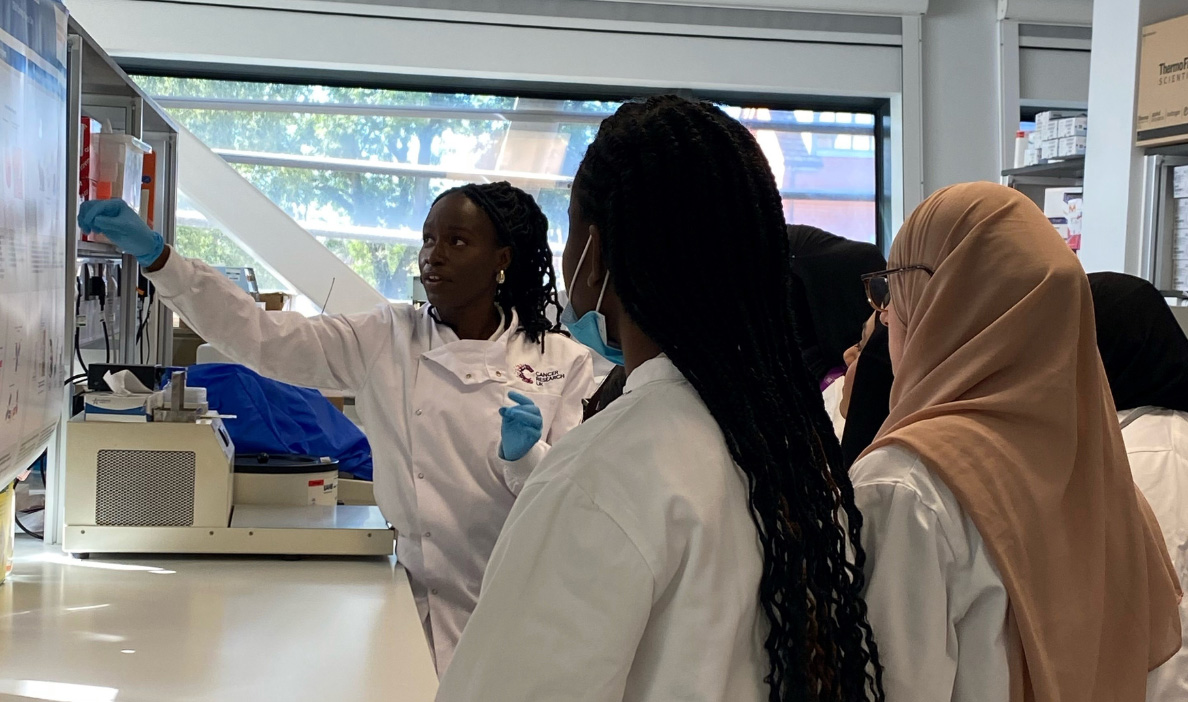
I’m feeling optimistic about where cancer research is going.
Going through cancer can feel lonely but it’s important to remember that the doctors and researchers are on your side, and a diagnosis of cancer no longer has to be a death sentence.
Organisations which helped Adesewa and her mum:

